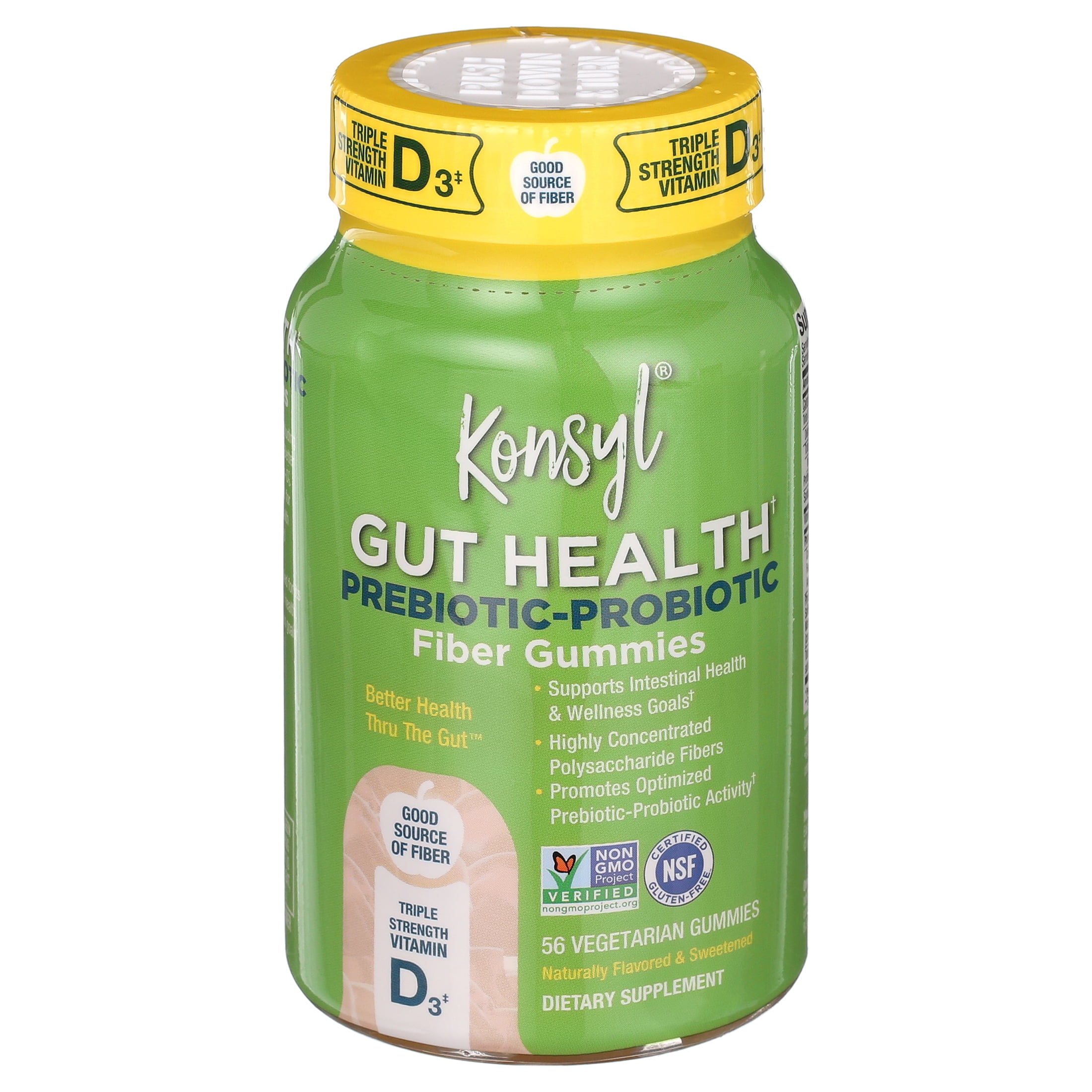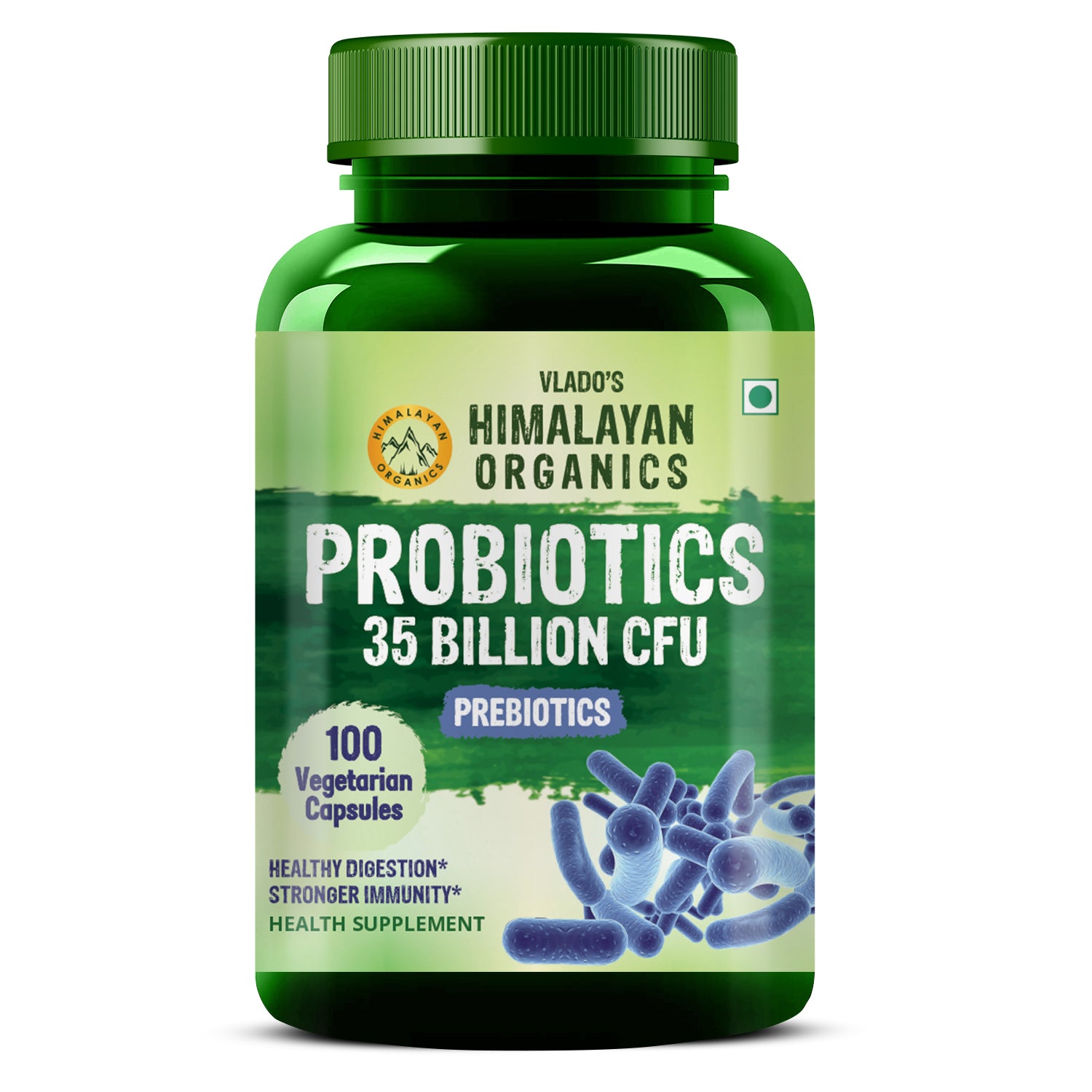The Ultimate Guide to Choosing the Best Gut Health Supplement for Your Needs
The Ultimate Guide to Choosing the Best Gut Health Supplement for Your Needs
Blog Article
Discover the Key to Digestion and Immunity With Intestine Wellness Assistance

Comprehending Gut Health And Wellness
Recognizing gut health and wellness is vital for total well-being, as it plays a substantial role in digestion, resistance, and also mental health. The digestive tract, consisting of the gastrointestinal tract, is in charge of breaking down food, absorbing nutrients, and expelling waste. A well balanced intestine environment guarantees effective food digestion, permitting the body to use nutrients effectively.
Furthermore, digestive tract wellness significantly impacts the immune system. The digestive tract houses a significant section of the body's immune cells, and a healthy and balanced gut can help fend off pathogens and lower inflammation. Disruptions in gut health can result in an overactive immune reaction, possibly adding to autoimmune disorders and allergies.
Additionally, the gut is often referred to as the "2nd mind" as a result of the gut-brain axis, an intricate interaction network connecting the digestive tract and the brain. This link affects mood, cognition, and emotional well-being. Concerns such as dysbiosis, identified by an inequality in digestive tract germs, have been associated with mental wellness conditions, consisting of anxiousness and anxiety.
The Intestine Microbiome Explained

The digestive tract microbiome, a varied community of microbes living in the intestinal tract, plays an essential function in maintaining digestive wellness and overall wellness. Comprising trillions of microorganisms, viruses, fungi, and various other microbes, this complicated environment aids in the food digestion of food, the synthesis of vital nutrients, and the regulation of metabolic procedures.
Each individual's digestive tract microbiome is distinct, affected by aspects such as diet, way of life, genetics, and ecological exposures. A balanced microbiome sustains optimal food digestion by breaking down complicated carbohydrates, creating short-chain fats, and assisting in the absorption of nutrients. Conversely, a discrepancy, frequently described as dysbiosis, can lead to digestion problems, including short-tempered bowel syndrome (IBS) and inflammatory digestive tract condition (IBD)
Research study has shown that a varied microbiome is related to much better wellness outcomes, highlighting the significance of nutritional choices in nurturing these bacteria. Foods abundant in fiber, probiotics, and prebiotics, such as fruits, veggies, and fermented products, can advertise a healthy microbiome. Comprehending the intestine microbiome is important for establishing targeted treatments focused on enhancing digestive health and stopping stomach conditions.

Link In Between Food Digestion and Immunity
A durable link exists between food digestion and immunity, highlighting the vital role of the digestive tract in maintaining general wellness. The gastrointestinal tract is home to trillions of bacteria that create the gut microbiome, which substantially affects both immune feedbacks and gastrointestinal processes. This facility ecosystem aids in breaking down food, taking in nutrients, and offering vital metabolites that support immune feature.
When digestion is efficient, the digestive tract obstacle continues to be intact, protecting against damaging microorganisms from getting in the bloodstream (gut health supplement). On the other hand, bad food digestion can bring about an inequality in the microbiome, resulting in dysbiosis, which has been linked to numerous health issues, including autoimmune diseases and inflammatory disorders. Approximately 70% of the immune system lives in the gut-associated lymphoid cells (GALT), which engages carefully with the digestive tract microbiome. This interplay guarantees that the immune system can effectively differentiate between useful and damaging substances.
Tips for Sustaining Gut Wellness
Supporting gut health and wellness is vital for keeping both digestion performance and a well-functioning immune system. To cultivate optimal digestive tract health, think about incorporating a number of sensible approaches into your day-to-day routine.
First, focus on hydration. Consuming alcohol sufficient water sustains digestion and aids maintain the mucosal cellular lining of the intestinal tracts. Additionally, routine physical task can enhance digestive tract mobility and promote a varied microbiome.
Conscious eating techniques are additionally necessary. Chewing food thoroughly and eating gradually can aid food digestion and avoid overeating, which might emphasize the gut. Moreover, taking care of stress with methods such as reflection, yoga exercise, or deep-breathing workouts can positively influence digestive tract health and wellness, as stress and anxiety is known to interfere with gastrointestinal procedures.
Including prebiotics and probiotics right into your routine is another reliable strategy. While details foods will certainly be reviewed later, comprehending the significance of these elements is important. Prebiotics function as food for helpful digestive tract germs, visit while probiotics introduce real-time beneficial organisms.
Last but not least, stay clear of too much use prescription antibiotics, as they can disrupt the equilibrium of intestine plants. By complying with these tips, you can significantly add to the upkeep of a healthy digestive tract, which is necessary for general health and vigor.
Foods That Promote Intestine Wellness

Fermented foods, such as yogurt, kefir, sauerkraut, and kimchi, are rich in probiotics, which are beneficial microorganisms that support gut vegetations and boost digestion. These foods can help recover equilibrium in the digestive tract, particularly after antibiotic usage or digestion disturbances.
In addition to fermented alternatives, prebiotic foods, such as garlic, my company onions, asparagus, and bananas, act as nutrition for these probiotics, promoting their development and activity. These soluble fibers sustain gut mobility and can ease problems like constipation.
In addition, integrating high-fiber foods, including entire grains, vegetables, legumes, and fruits, is crucial for keeping a healthy digestive tract. Fiber help in regular digestive tract motions and aids avoid digestive problems.
Lastly, omega-3 fats found in fatty fish, flaxseeds, and walnuts have anti-inflammatory properties that can further sustain intestine health. Highlighting these foods in your diet regimen can result in a durable digestive system and improved immune feature.
Conclusion
Finally, focusing on intestine health and wellness is essential for enhancing food digestion and enhancing immunity. A well balanced intestine microbiome, influenced by nutritional choices and way of life variables, plays an important duty in nutrient absorption and swelling reduction. Integrating fermented foods, prebiotics, and high-fiber choices, along with proper hydration and stress management, can dramatically promote intestine wellness. By embracing these strategies, individuals can support general health and wellness and vigor, opening the possible advantages of a well-functioning intestinal system.
Recognizing gut health is important for general well-being, as it plays a significant role in food digestion, resistance, and also mental health. The gut Continued houses a substantial section of the body's immune cells, and a healthy and balanced digestive tract can assist fend off microorganisms and reduce swelling.In addition, the gut is usually referred to as the "2nd brain" due to the gut-brain axis, a complex interaction network connecting the digestive tract and the brain.A durable connection exists between food digestion and immunity, highlighting the essential role of the intestine in preserving overall health.In conclusion, focusing on digestive tract health is crucial for enhancing digestion and boosting immunity.
Report this page